Kenyan/19 de Junio de 2017/Allafrica
Resumen: El gobierno ordenó el miércoles una reducción de los libros de curso con el objetivo de desmantelar los cárteles aprovechando ilegalmente los materiales de aprendizaje.
The government on Wednesday ordered a reduction course books with the aim of dismantling cartels profiting illegally from learning materials.
Education Cabinet Secretary Fred Matiang’i asked the Kenya Institute of Curriculum Development to review the course books, saying one per subject was adequate as opposed to the current six.
«The collection of books in the Orange Book is being influenced by people we know. Marketers go out to influence people who choose the books,» said Dr Matiang’i during the launch of a report on Sh5 billion Tusome project that seeks to improve learning outcomes for class One and Two in Swahili and English at the KICD.
He said despite the government allocating billions of shillings to schools for books, millions of children were still sharing them.
«We cannot achieve better learning outcomes if children in schools have no learning materials. People cannot complain that I am putting them out of business. I have no problem putting thieves out of business,» said Dr Matiang’i.
ORANGE BOOK
The current Orange Book, a list of approved titles for schools, was last revised in 2003 and has a list of six different copies for each subject.
«The list is supposed to be reviewed every five years but we last reviewed it 13 years ago so we have been using the same books for long,» said KICD Director Julius Jwan.
Dr Matiang’i said a total of 20 million books had been distributed to class One and Two for Swahili and English across the country.
The report, titled «Examination into the Disbursement and Utilisation of Free Primary Education Funds», blames headteachers, school management committees and suppliers for the failure to achieve the 1:1 book-to-pupil ratio, which he said currently stands at 5:1 in primary schools.
The study also found that children’s ability to read in English and Swahili has significantly improved since the beginning of the project in 2015.
‘STRONG GAIN’
About 5,000 pupils in Standard One and Two from a national sample of 200 schools were tested in both 2015 and 2016.
«On average, the pupils showed improvements in their reading rates of between 7 and 20 words per minute, which is considered a strong gain,» says the study.
«Project activities, such as curriculum support officer (CSO) observations, in-service training and access to materials, are associated with higher reading scores. The Tusome project has achieved a high level of national implementation. About 98 per cent of teachers had received at least some Tusome training, and 95 to 99 per cent of classrooms had received materials, such as a Tusome teacher’s guide, pupils’ books and exercise books,» says the report.
The study also found a decrease in the percentage of children who couldn’t read at all, while 70 per cent of Class One pupils could not read any words in Swahili at baseline and this number dropped to 45 per cent within one year.
Fuente: http://allafrica.com/stories/201706150580.html
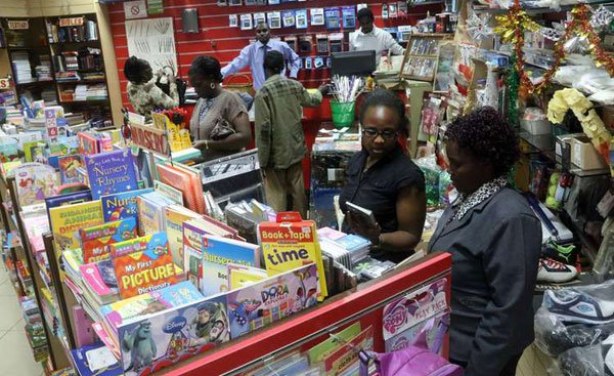

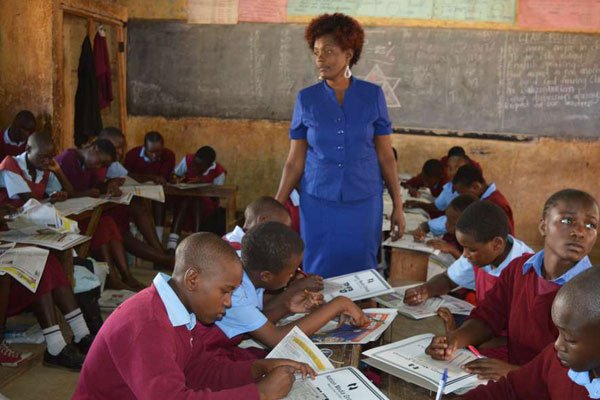
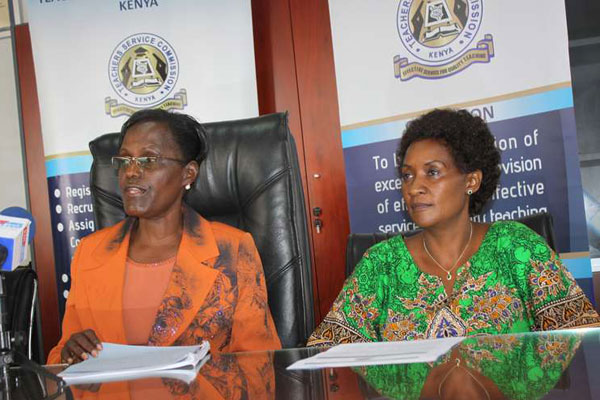
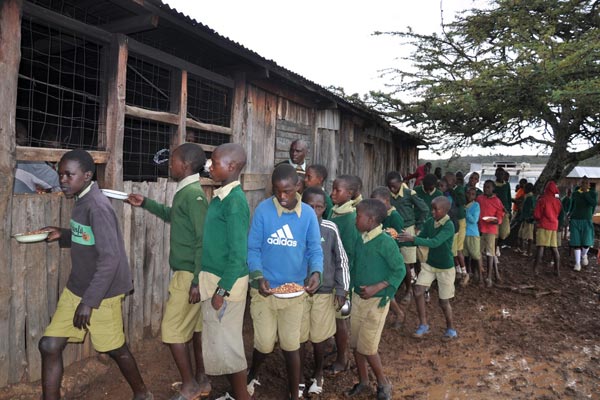
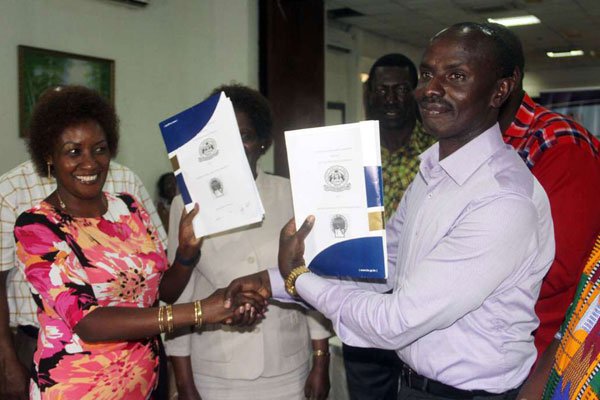
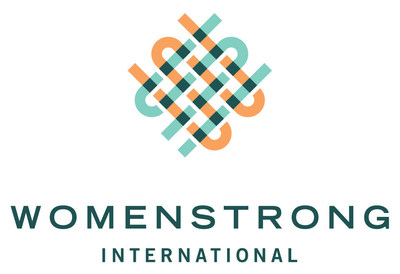
 Source:
Source:






 Users Today : 12
Users Today : 12 Total Users : 35460597
Total Users : 35460597 Views Today : 29
Views Today : 29 Total views : 3419578
Total views : 3419578